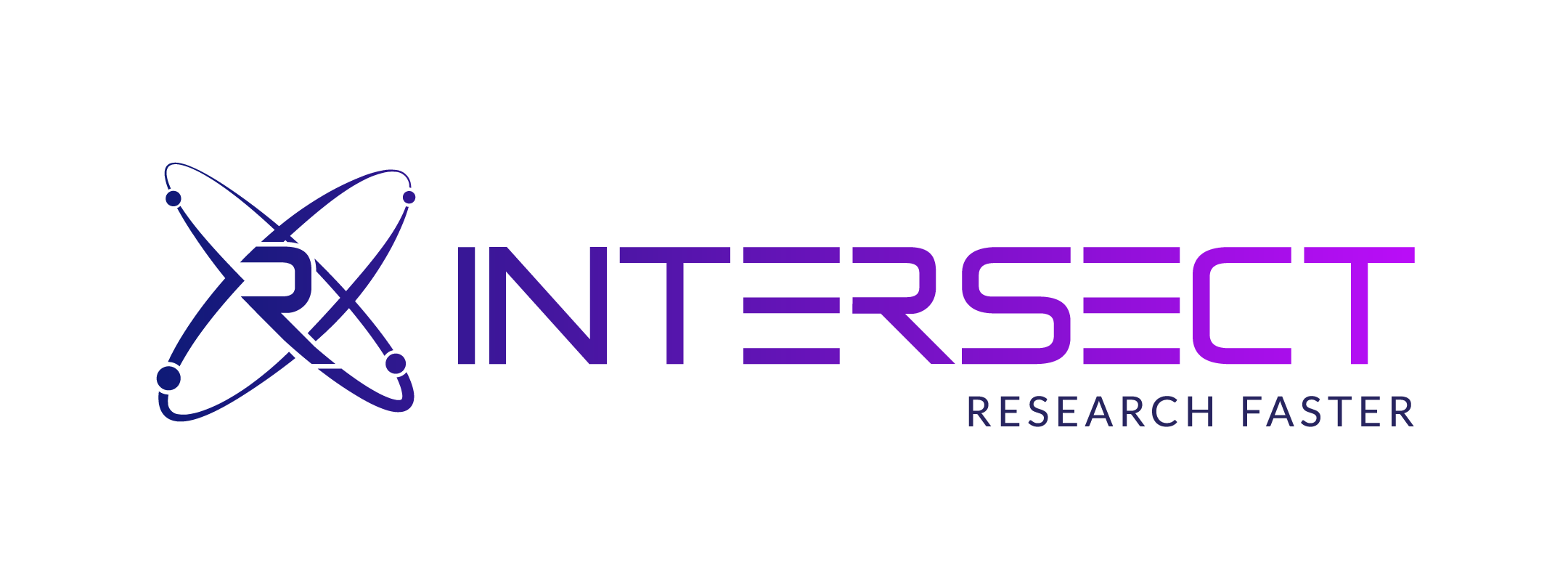Gadi is Australia’s most powerful supercomputer, a highly parallel cluster comprising more than 150,000 processor cores on ten different types of compute nodes. Gadi accommodates a wide range of tasks, from running climate models to genome sequencing, from designing molecules to astrophysical...
Gadi is Australia’s most powerful supercomputer, a highly parallel cluster comprising more than 150,000 processor cores on ten different types of compute nodes. Gadi accommodates a wide range of tasks, from running climate models to genome sequencing, from designing molecules to astrophysical...
The Unix environment is incredibly powerful but quite daunting to the newcomer. Command line confidence unlocks powerful computing resources beyond the desktop, including virtual machines and High Performance Computing. It enables repetitive tasks to be automated. And it comes with a swag of...
NCI TechTake
27 April - 30 November 2021



